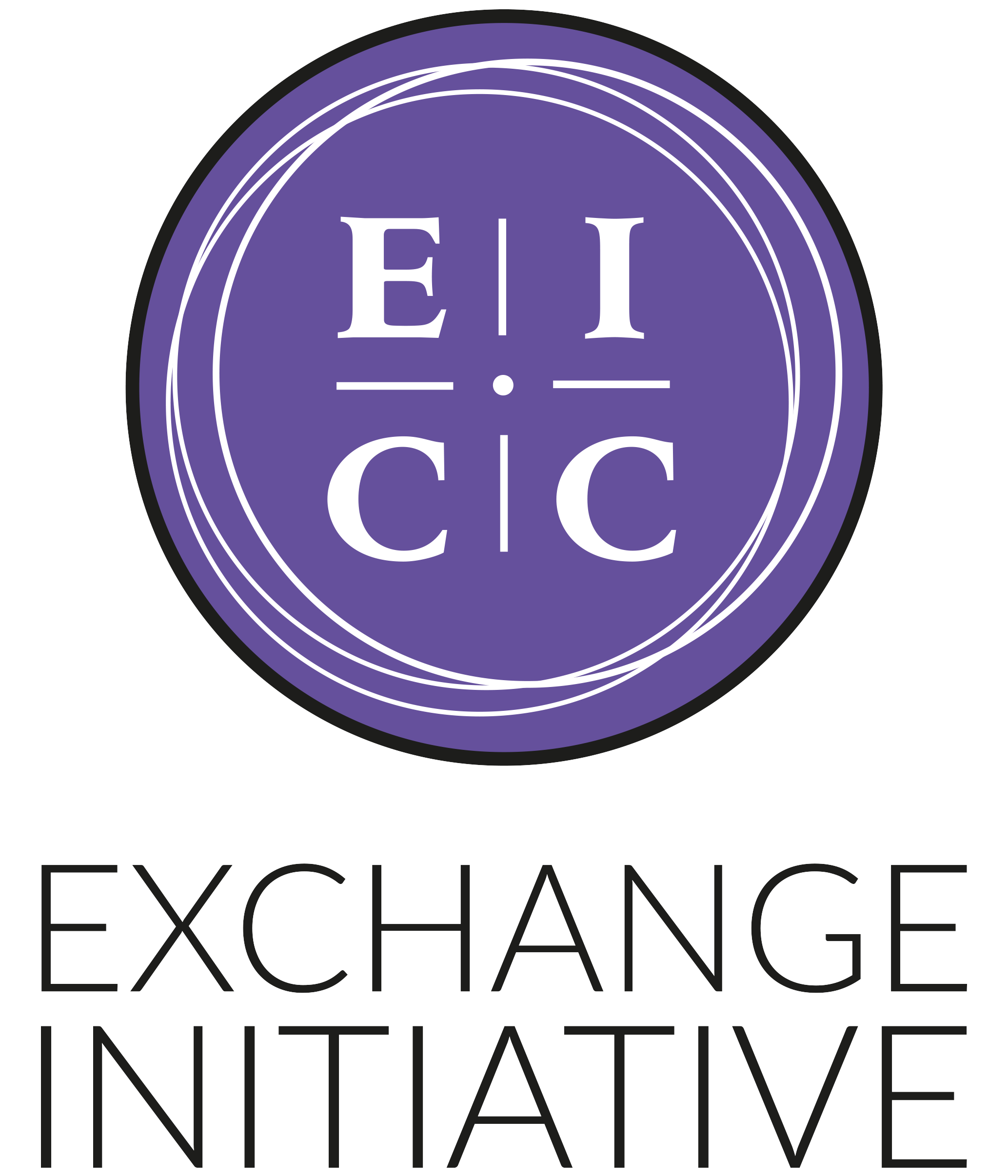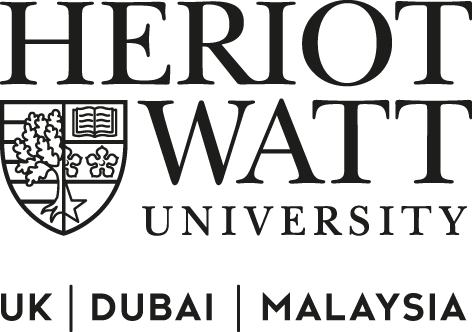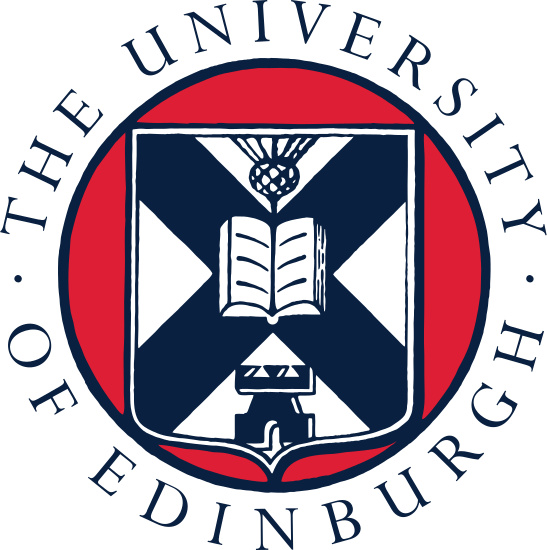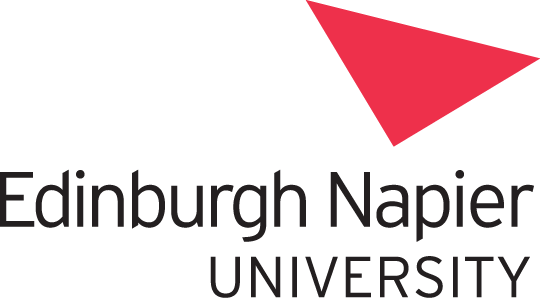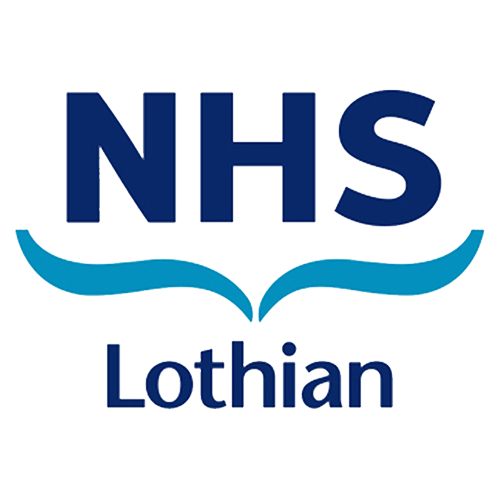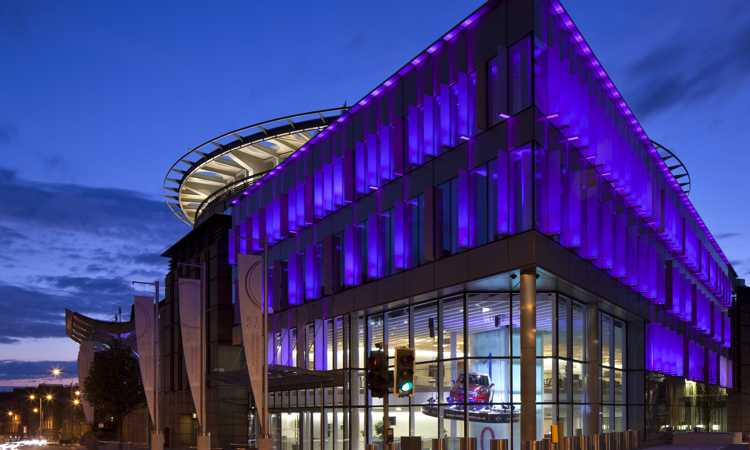
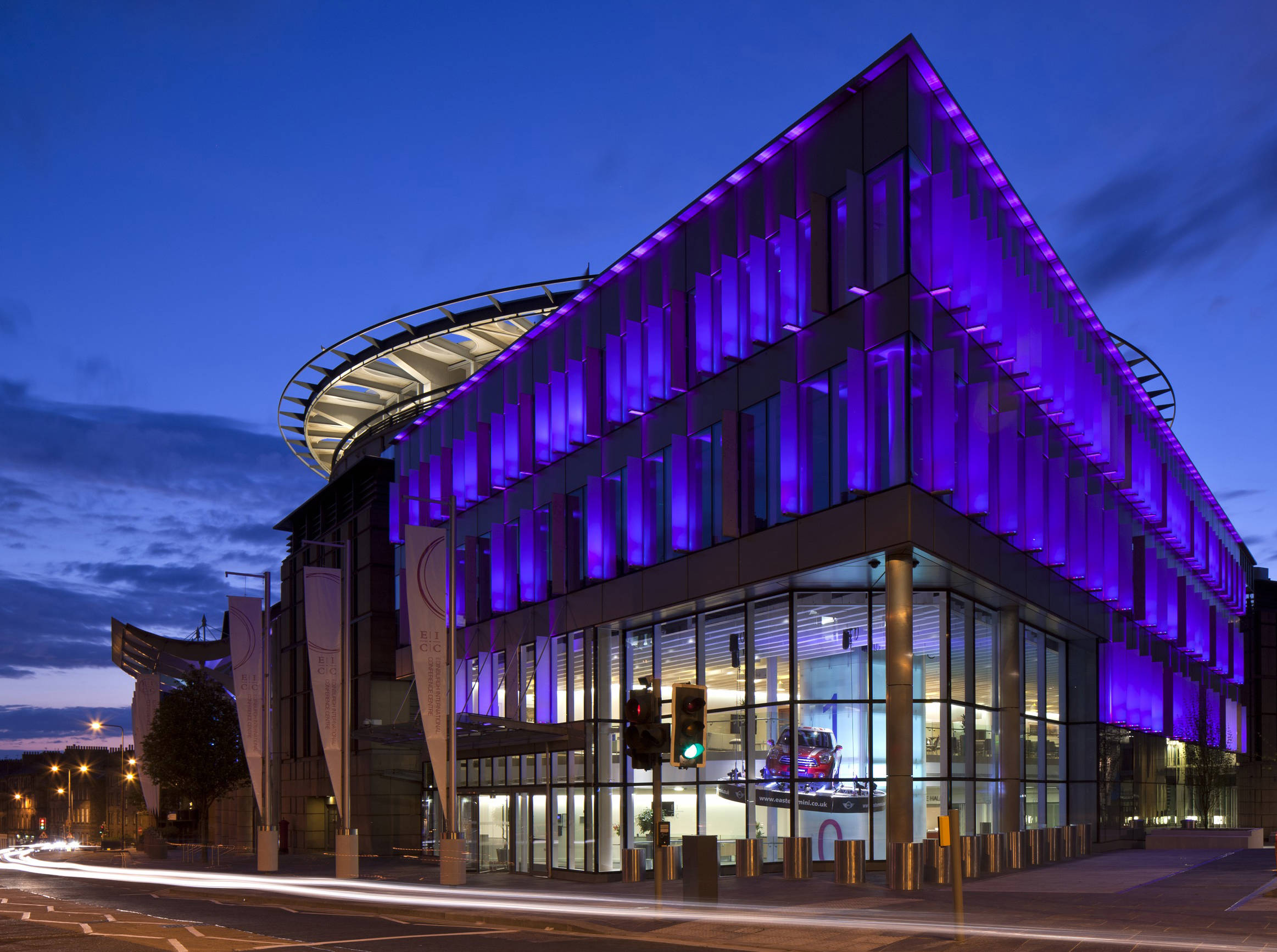
Advisory Group
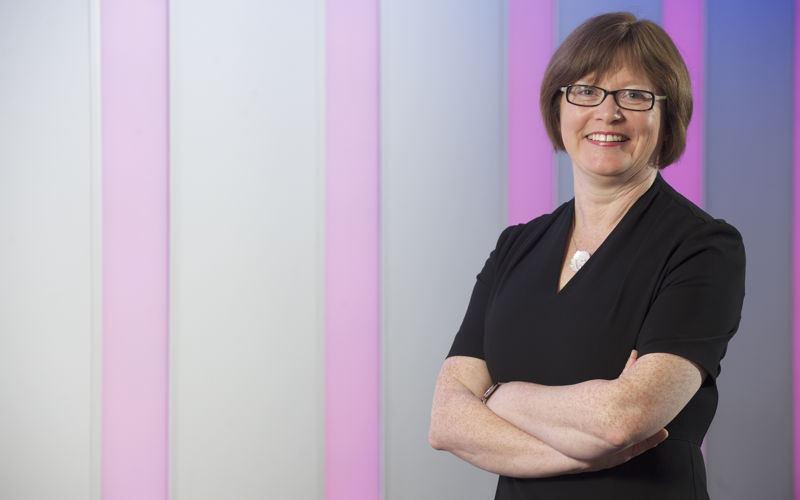
Elaine Miller, Exchange Initiative Manager
Elaine has over 20 years’ experience in the world of academic conferences, working in Edinburgh’s Destination Marketing Organisation (DMO) and the Edinburgh International Conference Centre (EICC). Often involved in city-wide collaborative projects, Elaine is skilled in liaising with government agencies and city partners, where she seeks to drive commerce, innovation, and knowledge transfer across the city’s sectors. Recent projects have included the formation of the Exchange Initiative, working with city partners to develop the Business Events Shaping Tomorrow (BEST) tool which measures community impact of conferences in Edinburgh, and passing on knowledge and skills to the next generation of event professionals with the Cities Destination Alliance mentoring programme.
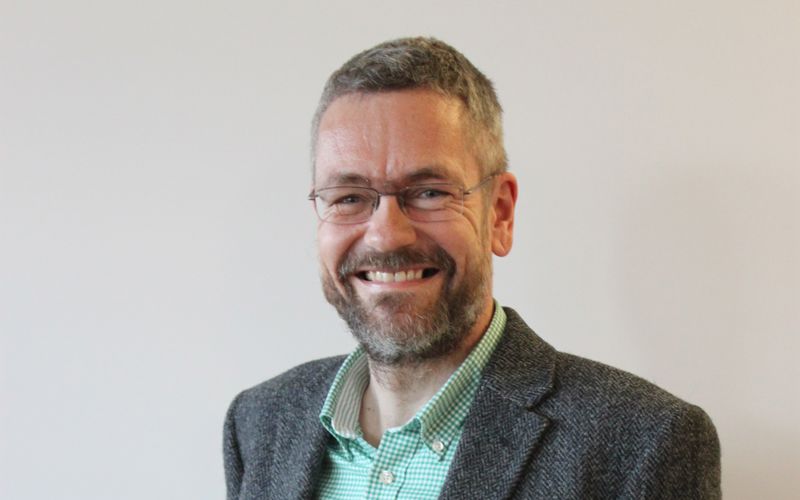
Professor Duncan Hand, Chair
Duncan is Professor of Applied Photonics at Heriot-Watt University, where he teaches Physics. He is Director of the £3.6M 4-university Medical Device Manufacturing Centre (MDMC). Since its inception in April 2020, the MDMC has provided direct assistance to 20+ companies. In addition to this role, he is Principal Investigator of 3 current EPSRC grants with a total funding of £2.5M. Duncan is involved in ERC-funded work on laser-based manufacture of micro-fluidic devices to simulate porous media for application in Carbon Capture and Storage; and is co-Investigator of 4 current EPSRC grants. Duncan also has extensive previous leadership and management experience at Heriot-Watt including Deputy Principal and Executive Dean roles, and he is currently Deputy Head of School of Engineering and Physical Sciences.
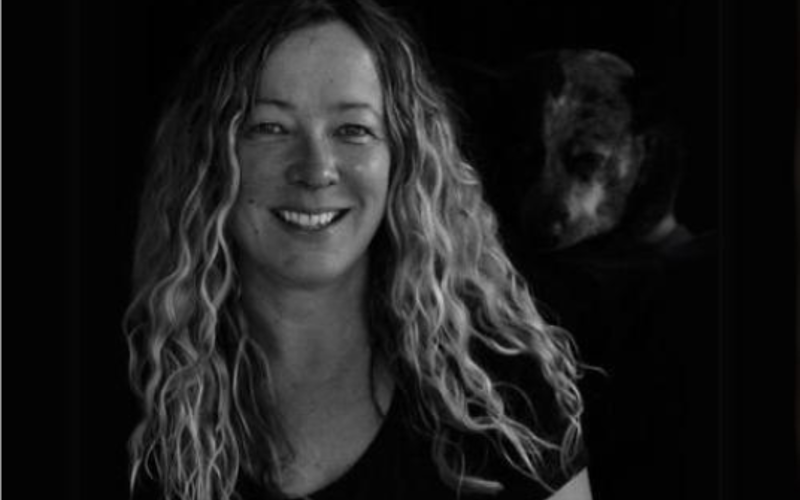
Professor Susan Brown, Deputy Chair
Susan is Professor of Sport, Exercise and Health Sciences, and School Academic Lead for Innovation, Enterprise & Knowledge Exchange. With over 20 years of experience, Susan has connected research insights to decision-making for talent development in sport and physical activity, from sport science support for athletes, to strategic workforce development at a national and UK level. Susan is currently Chair of the Education sub-committee of the Scottish Professional Development Board and Vice-Chair of the SPDB. She is also a member of the Board of the UK Sport & Physical Activity Workforce Observatory which focuses on data insights for workforce development and planning. Within the School of Applied Sciences at Edinburgh Napier University, Susan leads on Innovation and Enterprise across the School, supporting knowledge exchange between colleagues and external partners with a particular focus on creating and developing societal impact.
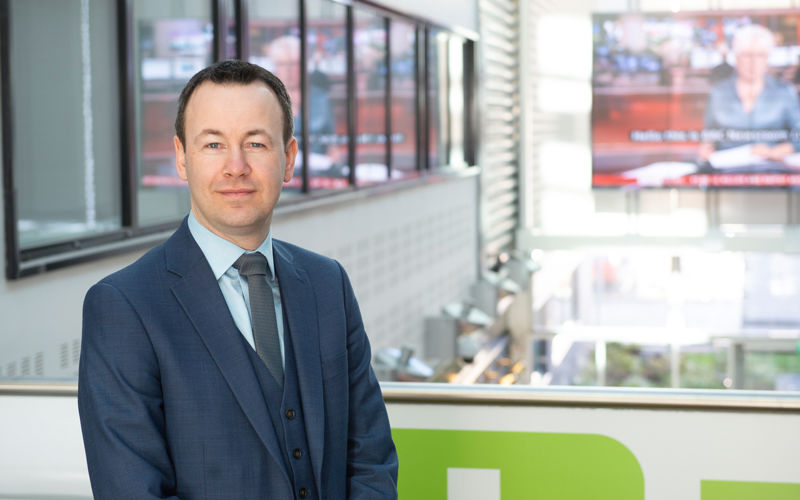
Professor Gary Hutchison, Past Chair
Gary is Dean of Applied Sciences at Edinburgh Napier University, with responsibility for Life Sciences, Social Sciences, Psychology, Teacher Education and Sports Exercise and Health Sciences. His academic background is in reproductive and developmental toxicity and particle toxicology. Gary is an independent scientific advisor to the UK Government, and is currently a member of UK Committee on Toxicity, FSA Register of Specialists, Scottish Government Chemical Policy Network and expert member for the Office of Product Safety & Standards. He is currently Chair of the Board of Governance for the Scottish Institute for Policing Research and member of the Council of Deans for Education Scotland. As a member of the university senior leadership team, Gary also leads the university environmental sustainability strategy group.
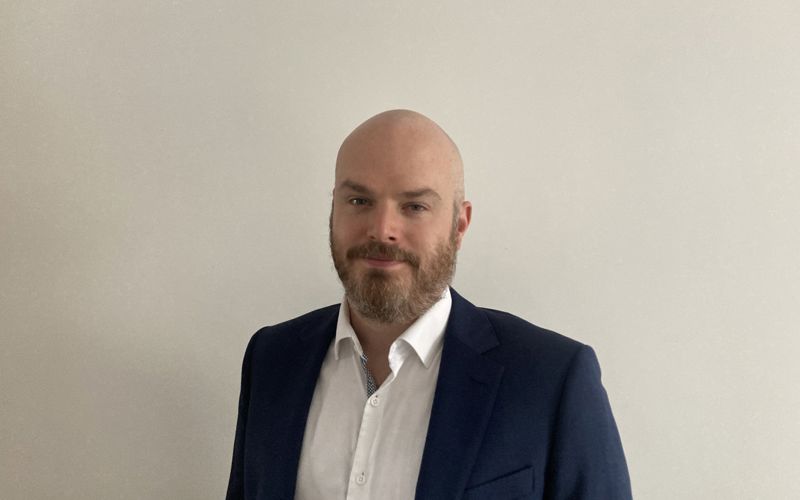
Dr David Jenkins
David is an Assistant Professor at the International Centre for Brewing and Distilling in Heriot-Watt University, Edinburgh. He has previously worked at the University of Nottingham where he worked on a variety of Brewing research projects in close collaboration with a number of industrial partners. He also previously worked in Group Technical for SABMiller plc., as a brewing scientist. He has communicated his research at a number of international conferences around the World as well as to key stakeholders within the interested parties. With all these roles he has worked closely with the brewing and distilling industry in trying to understand their research and training requirements.
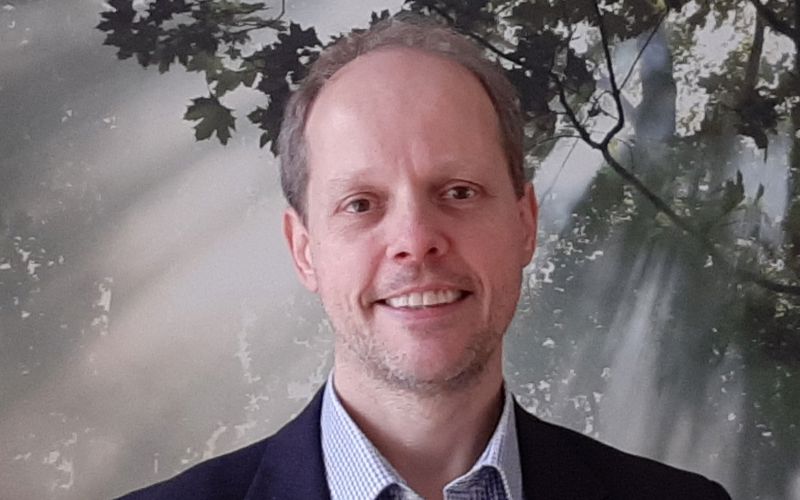
Professor Jurriaan Hage
Jurriaan is Head of Department of Computer Science at Heriot-Watt University, having done his PhD at Leiden University and spending more than 20 years as faculty staff at Utrecht University. His area of expertise is programming languages, and his research focuses on functional programming languages. Jurriaan is now Steering Committee chair of the symposium on Implementation and Applications of Functional Languages (IFL), Steering Committee member of the symposium on Trends in Functional Programming, and of the Haskell Symposium. Formerly he was Steering Committee member of ETAPS, elected member and secretary of the EAPLS and Steering Committee member and chair of the PEPM Symposia.
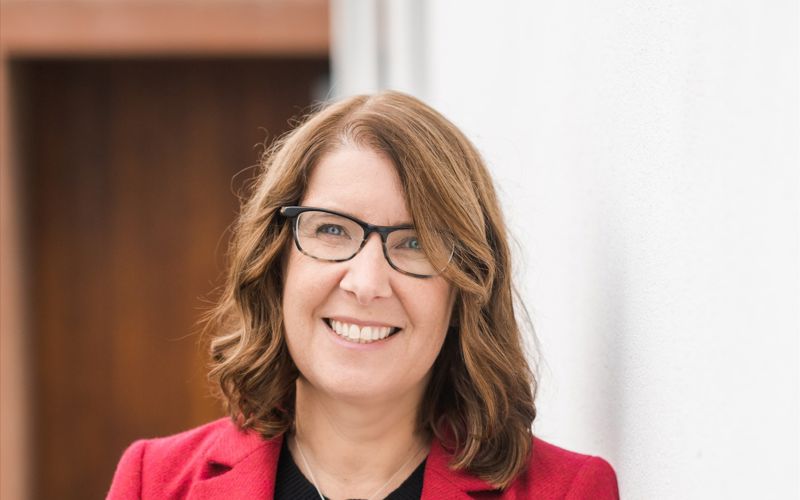
Professor Lis Neubeck
Lis is cardiac nurse with over 25 years of experience in a range of cardiac in-patient and out-patient settings. She lived in Australia for 11 years and during that time she undertook a PhD at the University of Sydney, then subsequently a Post-Doctoral Fellowship. She is currently Head of the Centre for Cardiovascular Health at Edinburgh Napier University. Lis is also the National Health Service Research Scotland Cardiovascular Clinical Network Lead. Her own research focuses on innovative solutions to secondary prevention of cardiovascular disease, identification and management of atrial fibrillation, and use of digital health to improve access to health care. Lis is the current President of the Association of Cardiovascular Nursing and Allied Professionals of the European Society of Cardiology.
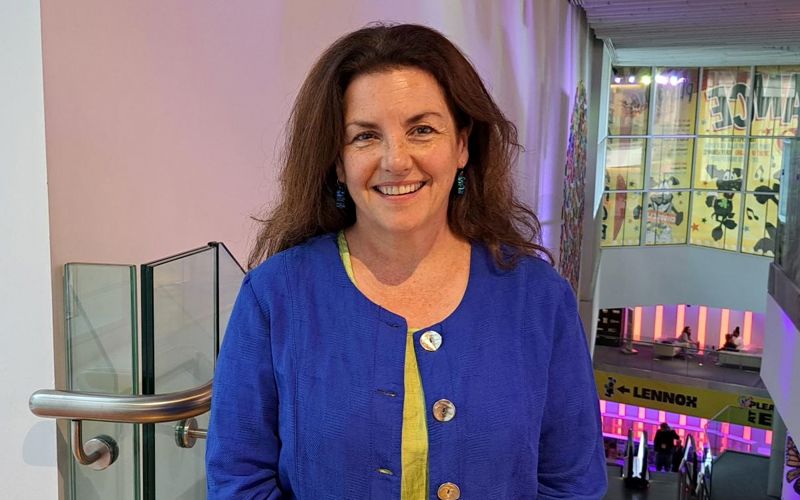
Professor Liz Grant
Liz is an Assistant Principal of the University of Edinburgh, Professor of Global Health and Development and Director of the University’s Global Health Academy. She leads global health training, and supports health partnerships and advocacy, translating global health research into action. Liz co-directs the university wide Global Compassion Initiative, on the science and practice of compassion. Liz’s research spans planetary health and palliative care in contexts of poverty and conflict – compassion as the value base of the Sustainable Development Goals. She is a Fellow of the Royal Society of Edinburgh (RSE) and the Royal College of Physicians in Edinburgh (RCPE) and a member of the Faculty of Public Health.
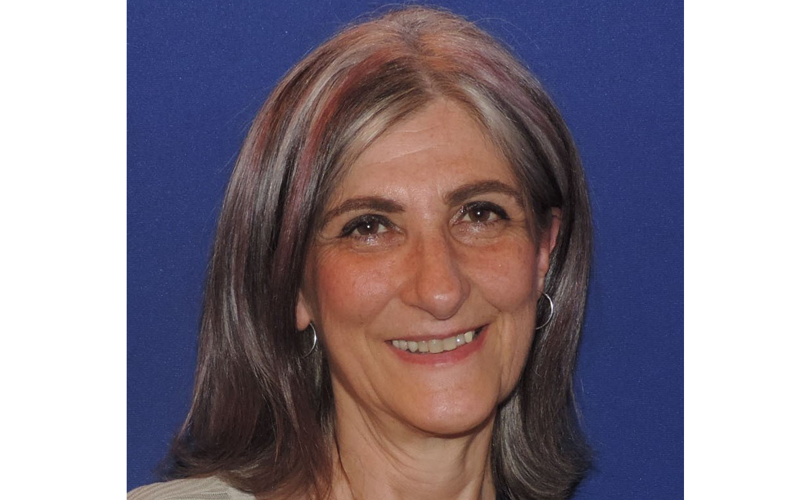
Professor Raffaella Ocone
Raffaella graduated in Chemical Engineering from the Università di Napoli, Italy, and obtained her MA and PhD from Princeton University, USA. She holds the Chair of Chemical Engineering at Heriot-Watt University, since 1999 and she is Guest Professor a RUHR Universität, Bochum, Germany. In 2007 she was appointed Cavaliere (Knight) by the President of the Italian Republic. In The Queen’s 2019 New Year Honours she was appointed Officer of the British Empire (OBE) for services to engineering, and she was named in the Financial Times top 100 Most Influential Women in the Engineering Sector in 2019. Raffaella’s main area of research is in the field of modelling multiphase reactive systems with emphasis to the development of responsible technologies in the energy arena.
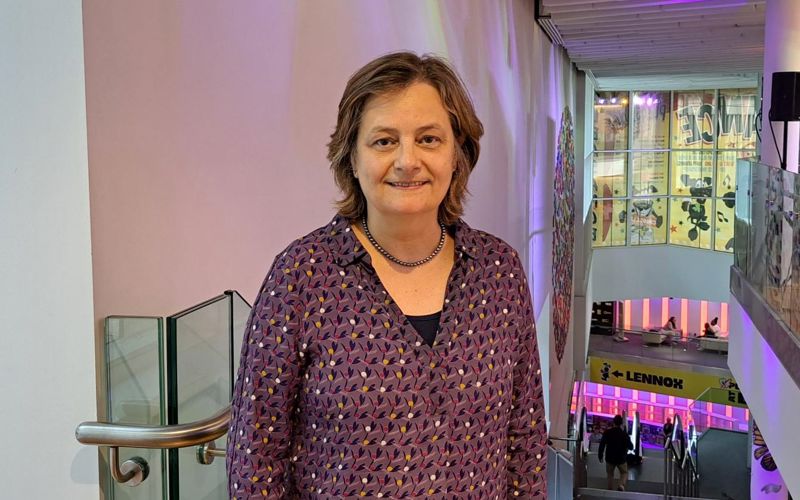
Professor Teresa Fernandes
Teresa has been working in environmental science for the last 20 years. She is currently Director of the Institute of Life and Earth Sciences (ILES) at Heriot Watt University and leads teams in the three departments of Environment, Health and Food Science. Her research over the last few years has concentrated on addressing fundamental issues relating to the sustainable management of aquatic ecosystems including aquaculture and fisheries, coastal zone management, oil, nanotechnology, and endocrine disrupting materials. She is interested in the integration between socio-economic and natural sciences and in the implementation of legislative instruments, including European Directives. She is an independent scientific expert of the European Commission Scientific Committees and acts as a Risk Assessor.
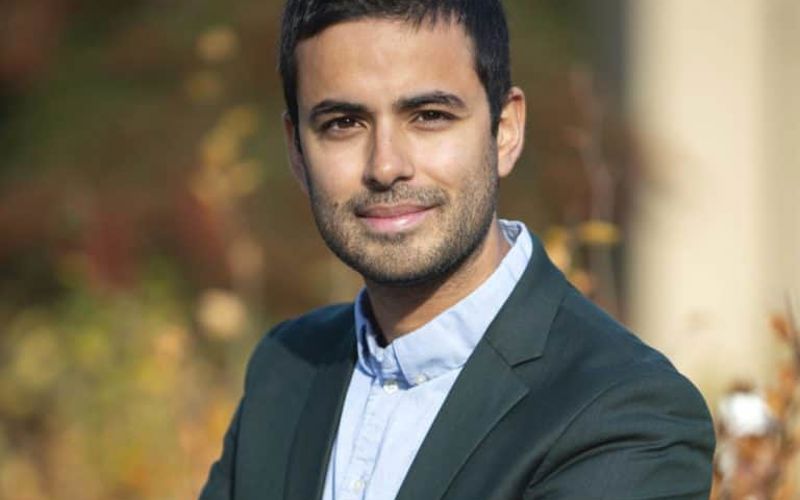
Joshua Ryan-Saha
Joshua is the Director of Traveltech at the University of Edinburgh’s Edinburgh Futures Institute where he leads on the application of AI and data-driven innovation for the travel, tourism, and festival sectors. He has facilitated over £20M investment in Scottish traveltech and grown a 200-company strong community. He previously worked at The Data Lab where he led programmers to improve data science skills across Scotland. Previously Joshua worked at Nesta where he established the £10m Longitude Prize, that featured on BBC Horizon’s 50th Anniversary Episode.
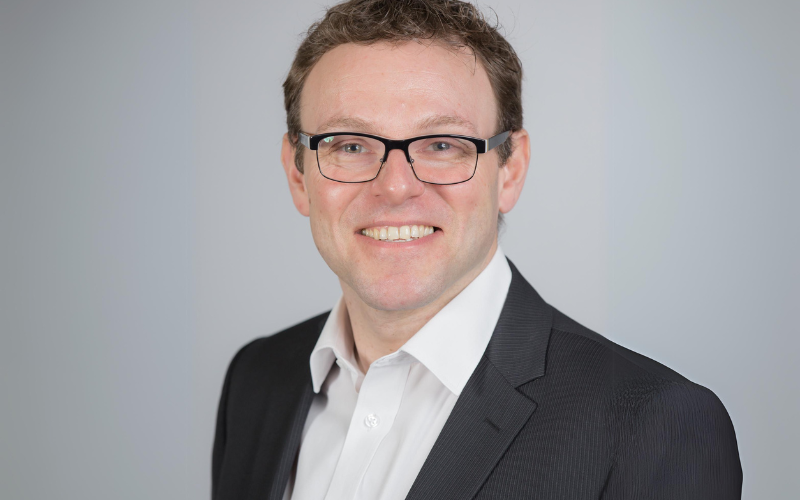
Professor Richard Russell
Richard is a Paediatric Gastroenterology doctor working in the Royal Hospital for Children and Young People in Edinburgh. He is the head of the department and the clinical lead of Paediatric Gastroenterologist services in the south east of Scotland. His major work/research interest is paediatric Inflammatory Bowel diseases (PIBD). Richard co-organised the PIBD meeting September 2022 at the EICC with around 600 delegates and organised the ESPGHAN annual meeting at the SEC in Glasgow 2019 with over 4,500 delegates. Richard is a passionate advocate for Edinburgh and Scotland both educationally and culturally. He has organised the educational and social aspects of many meetings big and small for more than 15 years in Edinburgh, Scotland, the UK and in various venues across Europe.
